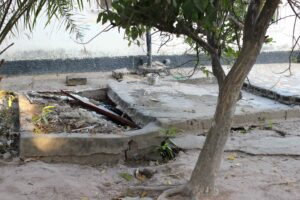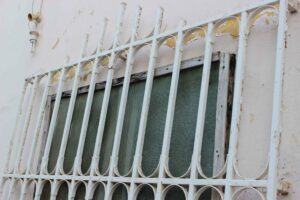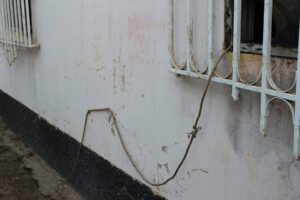HAMBIA SUPPORT CENTER

DEVELOPMENT OF A SCHOOL FOR CHILDREN WITH INTELLECTUAL DISABILITIES
OUR VISION:
– We want to offer neglected children and young people with mental and physical disabilities in the city of Brikama, Gambia, the opportunity to develop their potential at the HAMBIA Support Center.
– The guiding principle is to help them help themselves and enable them to participate in society.
– We want to support the children and families in improving their lives by giving the children and young people meaningful employment and access to education, thus relieving the burden on their parents so that they can spend their days earning money more freely.
The aim is to integrate them into social and professional life.
RIGHT TO EDUCATION:
All children have a right to education and social participation! In The Gambia, children with mental and physical disabilities have virtually no access to education. The HAMBIA Support Center, a planned school and day care centre in one, will be an educational facility for this vulnerable target group in Brikama.
CREATE JOBS:
Jobs are rare in The Gambia. The HAMBIA Support Center is creating 17 jobs. These are mainly for women from the community and returned refugees.
SUSTAINABILITY:
A solar system, a grey water system and a fruit and vegetable garden will contribute to self-sufficiency and a sustainable perspective for the support center.
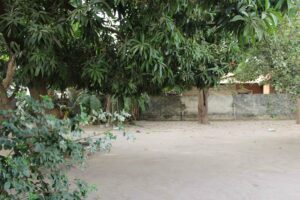
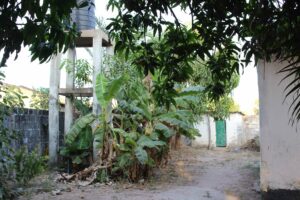
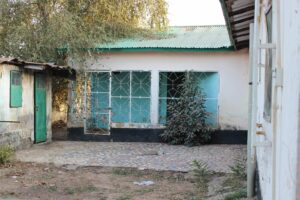
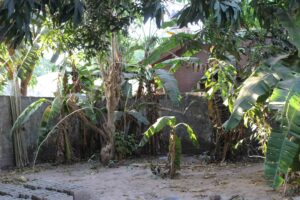
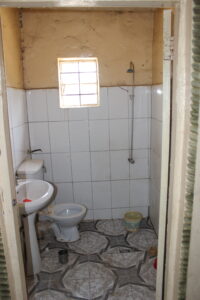
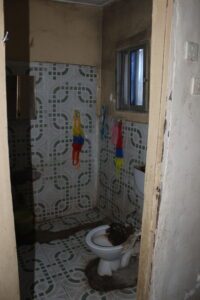
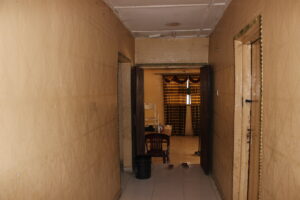
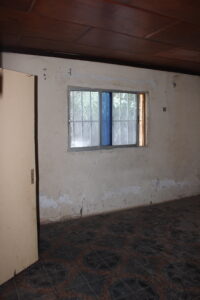
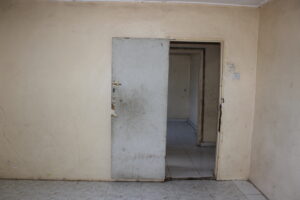
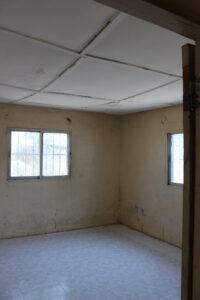
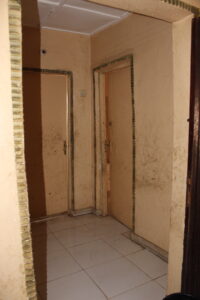
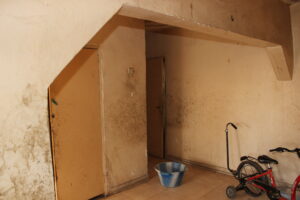
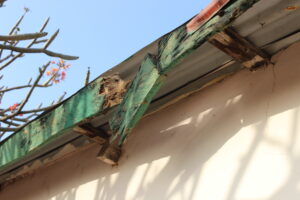
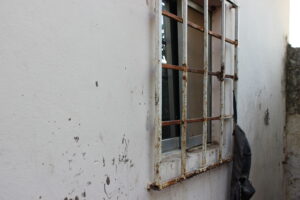
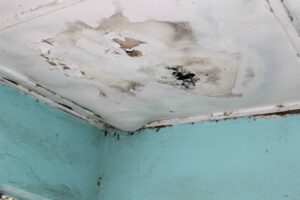
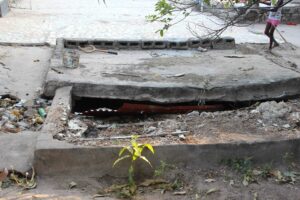
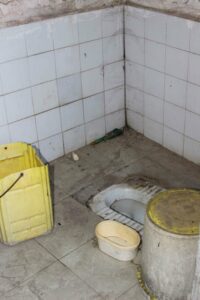
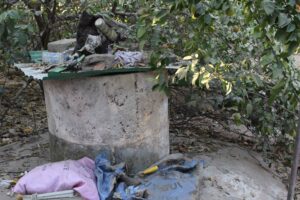
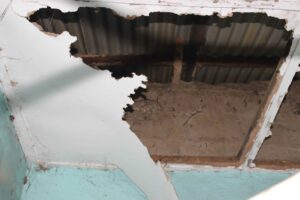
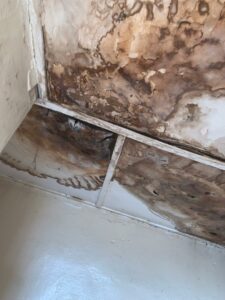
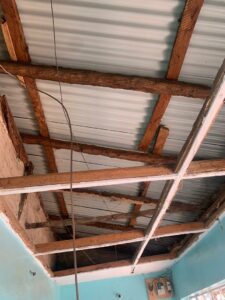
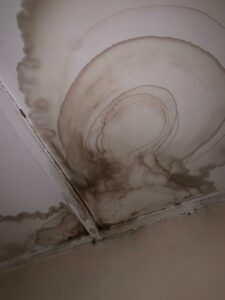
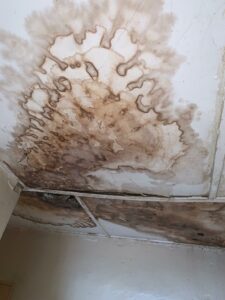
- The personality, creativity and talents of each individual child are respected and we endeavour to develop them to their full potential.
- Teaching skills and abilities relevant to everyday life, strengthening self-confidence, developing logical thinking, promoting motor and social skills, supporting independent work.
- Specialist rooms instead of classrooms: clear structures, resource-saving, moving breaks, more intensive perception of lesson time, promotion of orientation.
- Use of sign-supported communication
- Adapted individual forms of communication are used.
- Individual orientation and mobility skills are promoted.
Subjects: Acquiring skills and abilities relevant to everyday life with maths, English, music, art, work, play and movement.
Respectful interaction with one another and constant reflection on our actions in the various teams are a matter of course for us.
Specialised training for dealing with mentally disabled children is provided by experienced volunteers from Germany.
Our actions are based on the UN Convention on the Rights of Persons with Disabilities.
The cooperation between the two HAMBIA associations guarantees a constant exchange with the local people.
The HAMBIA Support Center works closely with the Gambian Ministry of Education, with the association Engineers Without Borders Hamburg and with Saama Cairo Federation (Child Protection and Development Agency) to realise this project.
These UN sustainability goals guide us:
- 4 Quality education
- 5 Gender equality
- 6 Clean water and sanitation
- 7 Affordable and clean energy
- 8 Decent work and economic growth
- 10 Fewer inequalities.
The right to education and a dignified, self-determined life for people with disabilities; equal social participation – breaking down barriers in Gambian society through participation and dialogue elements; – neighbourhood work: social integration is achieved by involving parents and the neighbourhood; – strengthening parents and families; – equal rights for girls, women and mothers; – job creation to counteract illegal migration; – knowledge transfer, including with volunteer experts from Germany. training and guidance on earning money for young people with disabilities; food security. – Implementing innovative sustainable ecological ideas and transporting them into society; e.g. water recycling plant
The property is located at the entrance to the village of Brikama, in the direction of Janbanjelly. It comprises 1600 square metres – 1 main building, 1 outbuilding, kitchen garden and a stable for farm animals. The main building needs to be completely renovated. The renewal of the roof, the construction of a solar system, the repair of the well, and the construction of a water treatment plant as well as sustainable segregated toilets are pending.
WHAT ELSE IS THERE TO DO?
